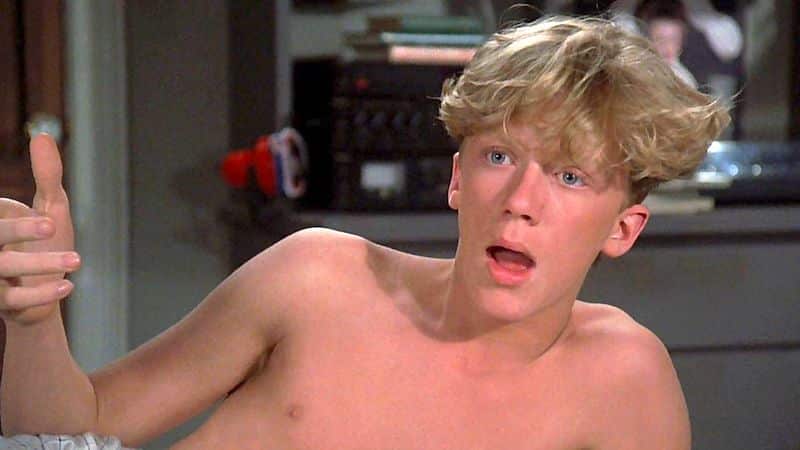Knowledge is power.
It truly is the most wonderful time of the year and I defy you to challenge me there. Defy you to tell me, straight faced, that when you enter a store and Mariah Carey’s “All I Want for Christmas” is playing a shiver of pure joy don’t rush right up your spine.
Glitter.
Pure magic but a slight problem exists for us grumpy locals, we guardian angels of the sea.
The holiday season means that work is pushed down the daily list of “things that must get done” leaving ample time for the stoked-adjacent to head to the beach, paddle out and clog already choked lineups.
What to do?
Well, for the first time in my life I have a WHOOP strap, a personal digital fitness and health coach, that teaches me to be my very best and, moreover, employs a cadre of scientists and researchers to parse data, codify behaviors.
The team recently looked at holiday behaviors and, maybe shockingly, discovered that people drink more and sleep more during the time of year.
Per the just-published report:
To understand the relationship between holidays and changes in WHOOP data, we compared the population averages on each holiday and holiday eve to a baseline. We didn’t want any seasonal or weekday effects to muddy the results of our study, so our baseline consisted of the average of 8 other days–the 4 days of the same day of week preceding the holiday or eve, and the 4 days of the same day of week following the holiday or eve.
Using the baseline averages and the holiday averages, we found the average change in sleep and alcohol prevalence on each of the federal holidays and their eves. This illuminated which holidays correspond with significant differences in sleep patterns and alcohol prevalence and which seem to have little changes at all.
Bed time changed by around 16 minutes on average during holidays and their eves. Most differences in bed time were later bed times, when it was on average about 22 minutes later than usual. Each of the holidays with an earlier average bedtime were Monday holidays, indicating that members were likely taking advantage of the day off to catch up on some sleep during the work week.
Wake time changed by almost 25 minutes on average. Most holidays were associated with sleeping in and on those days the average change in wake time was almost 33 minutes later. Similar to bed time, the only holidays that were associated with an earlier wake time were Monday holidays.
As the changes in bed time and wake time indicate, WHOOP members were getting more sleep around the holidays. The average change in sleep duration on holidays and eves was 2.1%. Of the 20 holidays we analyzed, 15 corresponded to an increase in sleep duration for an average increase of 2.5%. Only two holidays corresponded to significant decreases in sleep, one of which was New Year’s Eve. Overall, holidays were associated with varying changes in sleep consistency–about half had an increase in sleep consistency and half had a decrease.
Genius and I realized all I need to do is keep my recovery in the green, or “ready for optimal performance,” during this crucial time, wake up an hour earlier and, thereby, catch so many more waves all by myself.
A Hanukkah gift that gives for more that seven, ten, even thirty days.
Worth every ounce of investment because how will you know, otherwise, that you have not succumbed to the inertia of this festive season?
Healthy sleep, recovery, strain data equals more waves.
You’re welcome.





